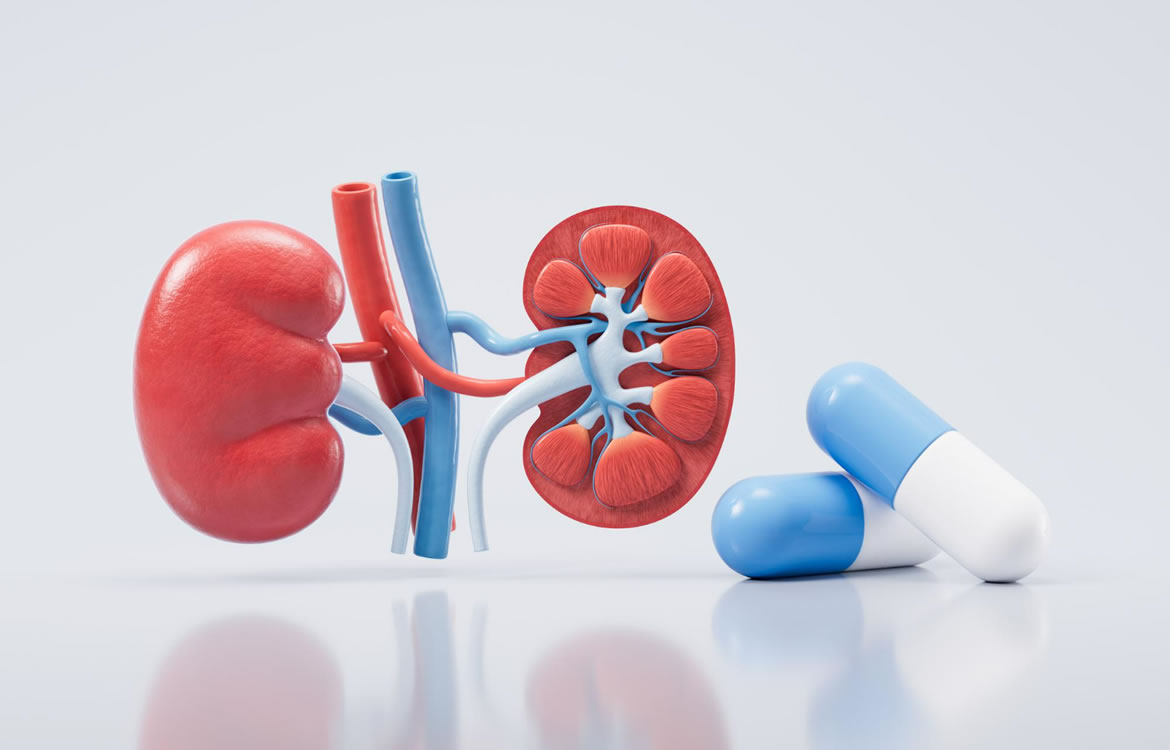Our kidneys are remarkable organs, working tirelessly behind the scenes to keep us healthy and functioning. Yet, they often don’t receive the attention they deserve until something goes wrong. Understanding the importance of kidney health is crucial for maintaining overall well-being. Here’s a closer look at why our kidneys are so vital and how we can take better care of them.
What Do Kidneys Do?
Located on either side of your spine, just below your rib cage, your kidneys are about the size of a fist. Despite their small size, they perform several critical functions:
- Filtering Blood: One of the primary functions of the kidneys is to filter waste products and excess fluids from the blood, creating urine. This process helps maintain a proper balance of electrolytes and pH levels in the body.
- Regulating Blood Pressure: Kidneys help regulate blood pressure by adjusting the volume of blood (by removing excess fluid) and releasing hormones that control blood vessel constriction.
- Balancing Electrolytes: They manage the levels of key electrolytes such as sodium, potassium, and calcium, which are essential for proper muscle and nerve function.
- Producing Red Blood Cells: The kidneys produce erythropoietin, a hormone that stimulates the production of red blood cells in the bone marrow, which is essential for transporting oxygen throughout the body.
- Supporting Bone Health: By converting vitamin D into its active form, kidneys play a role in calcium absorption, which is crucial for healthy bones.
Conclusion
Our kidneys play a crucial role in maintaining our overall health, from filtering blood to supporting bone health. By understanding their importance and taking steps to protect them, we can ensure that these vital organs continue to function optimally. Remember, early detection and proactive care are key to preventing kidney disease and enjoying a healthier life.

